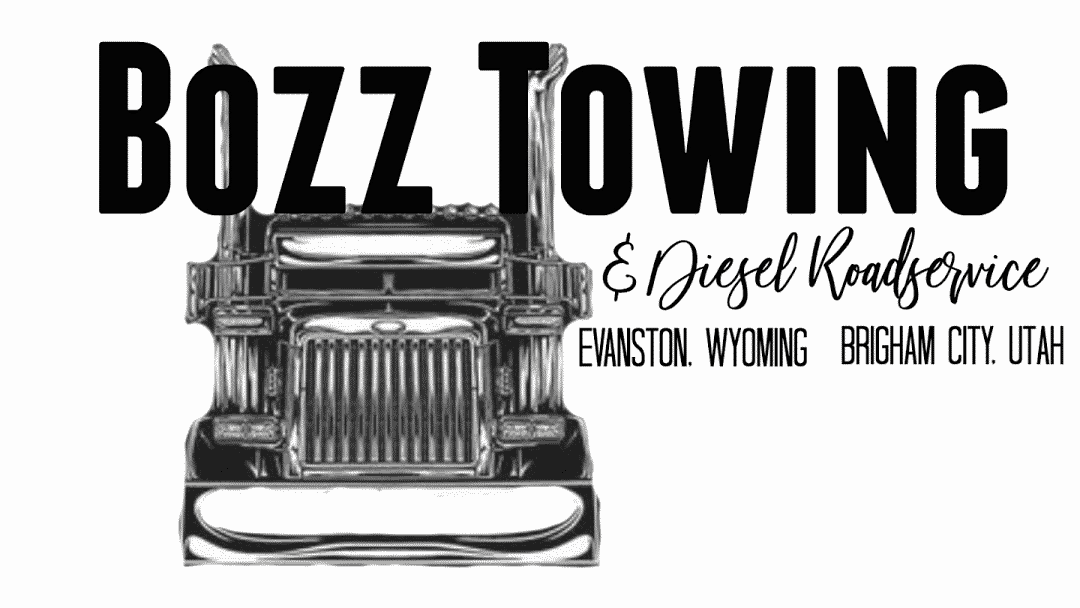Preventative maintenance of your semi truck is important for both performance and safety. Truck and trailer maintenance can be hard to grasp when you are not experienced. In this article, we will explain the benefits of truck preventative maintenance and provide a truck maintenance checklist of things drivers should continually be checking.
Preventative Maintenance for Semi Trucks and Trailers
Preventative maintenance (PM), by definition, is routine maintenance meant to keep equipment in operation, avoiding unplanned downtime. Regular maintenance of your truck and trailer will ensure they remain in good working condition, lowering the chance of more costly emergency repairs. While a good truck PM service will take 2.5-3.5 hours, it offers benefits to drivers, including the reduced risk of accident or injury, improved working hour reliability for drivers, and improved aerodynamics and fuel economy.
Semi Truck Maintenance Checklist
Here’s a semi truck preventative maintenance checklist to help keep your rig in good working condition.
1. Brakes
Brake failure is one of the most common factors associated with truck accidents. You can do your best to avoid using runaway truck ramps by including brakes in your regular semi truck maintenance procedures. How often should the brakes be checked? It’s worthwhile to have your brakes maintained during every oil change.
Driving in snow and rain can affect your brakes. So, you should always check them for any damage. Look at the brake fluid levels, truck lines, and parking brakes to ensure they are working properly. You should replace your brake parts regularly and service them once a year. During truck maintenance, check for wear, corrosion, and overall functionality. Make sure your brake fluid is at the correct level. It’s also crucial to check the brake stroke.
Read More: Semi Truck Brakes: Types, Functions, Maintenance & Common Issues
2. Electrical and Lights
Don’t forget lights. Make sure none of your truck’s lights are out during every maintenance check. Check if panel lights, hazard lights, taillight, brake lights, and signals are working. Make sure you check them before hitting the road.
3. Batteries
Check and replace old batteries, plugs, and wires. Additionally, preventative maintenance recommends removing the battery. Clean it and the connectors. Finally, check it with a battery tester.
Read More: Semi Truck Battery Guide + Maintenance
4. Tires and Tire Pressure
Tire issues are also associated with thousands of heavy truck crashes. They are also the top reason for trailer breakdowns, accounting for 48% of road calls. You should check your tires before every trip and fill in when necessary. Check for items stuck on your tire and puncture. Next, use a tread gauge to check the tread depth.
Tire pressure is another vital thing to check. Underinflated tires increase your truck’s drag, increasing fuel needs and decreasing the life of the tire. They also wear tires unevenly and “build up excessive heat that can result in tire destruction and/or improper vehicle handling,” says Sharon Cowart of Michelin via Fleet Equipment. Significantly, tire underinflation is the number one cause of premature tire removal, says Cowart.
Read More: Semi Truck Tire Maintenance Tips
5. Wheels and Wheel Bearings
When doing your tire inspections, it’s also advisable to check the wheel condition. Look out for damage, rust spots, and general wear that could prevent the wheel from functioning. Check the condition of your wheel bearing once a year.
6. Fluid Levels & Lubricant
Fluids are a vital part of a semi truck maintenance program. Transmission fluid, engine oil, coolant, and brake fluid should all be checked and replaced if need be. Dirty fluids can affect your rig’s performance. Engine deterioration occurs after a few thousand miles, especially when your truck is always on the road. It’s also important to check the undercarriage for any type of fluid leak.
Engine oil prevents your engine from wearing down prematurely. As your oil fails, engine friction increases and it increases the chances of an engine failure. So how often do semi-trucks change oil? The frequency of changing your engine oil varies depending on the vehicle use. However, most truck oil changes last from 10,000 to 25,000 miles.
It’s also important to grease components consistently when automatic lubrication systems aren’t used. This avoids premature wear on critical components, including kingpins, tie rod ends, spring shackles, drag links, and spring pins. Manual greasing of all lube points is recommended every 12,000–24,000 miles. On the other hand, fifth wheels will need greasing more often.
Need Truck Maintenance or Trailer Repairs in Utah or Wyoming?
Whether you need preventative semi truck maintenance, inspections, or emergency semi-trailer repairs in Utah or Wyoming, Bozz Towing & Diesel Roadside can help. Our team works hard to make sure you get back on the road within the shortest time possible. Call us today for a free quote.
Read More:

